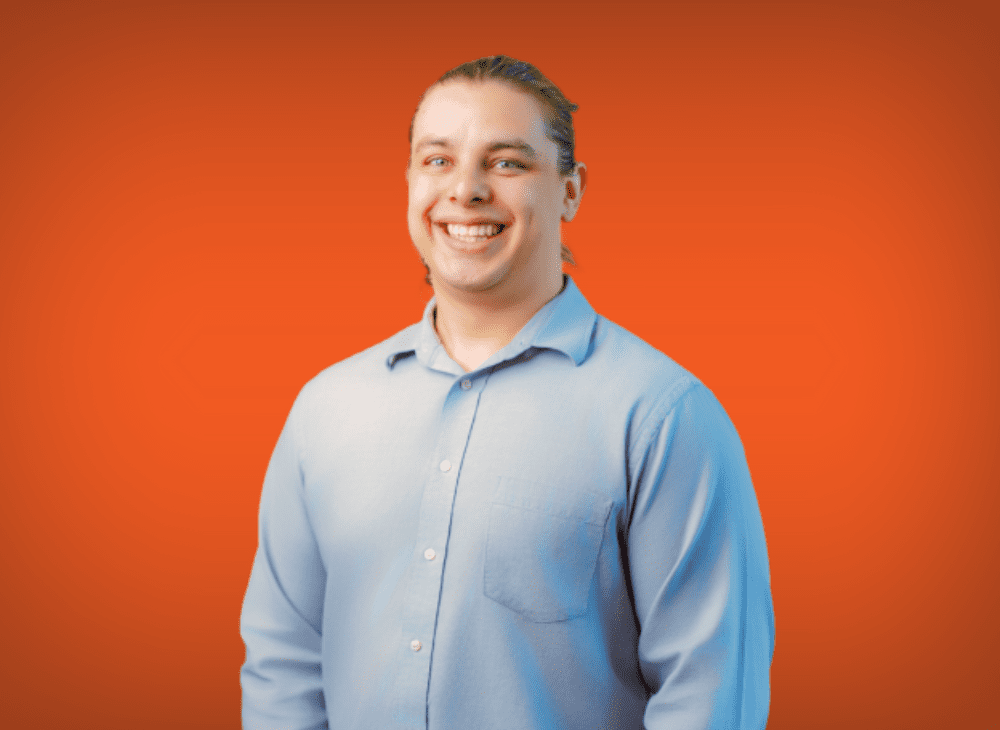Isaac Morales is a PhD student in Sociology American University. He is a member of Health Policy Research Scholars Cohort 2024.
Tell us a little bit about yourself! What’s the story behind your research interests and why you’re doing the work you’re doing?
My primary research interests are parenting, child development, and studying how these processes are affected by interpersonal and systemic discrimination. One major focus of my work is using geospatial data to understand how the social and physical aspects of neighborhoods influence families. The other main thrust of my work is studying how skin tone interacts with experiences of discrimination to influence parent and child behavior and mental health in order to bring academic focus to colorism – a socially acknowledged but relatively understudied system of discrimination.
For people who may be unfamiliar with your research area, what’s a piece of information that’s important for them to understand?
Social and physical environments in early childhood interact with parent and child behavior to produce long lasting effects on a family’s mental and physical health.
How do you envision your research contributing to health equity?
Through my research, I hope to inform equitable policy initiatives that support traditionally underserved communities through improving parity in resource access and expanding awareness around how discrimination impacts child development.
How has your personal background, identity, or lived experiences influenced your approach to research and commitment to advancing health equity?
My research interests stem from my experience growing up in rural Arizona, moving to the suburbs for high school, and living in Baltimore through undergrad and beyond. Seeing the common problems faced by people in vastly different contexts pushed me to investigate how neighborhood factors and resource access affect parent and child mood and behavior. As a white-passing Mexican American with a white mother and a Mexican father, my lived experiences with colorism and watching how people treated my family versus myself spurred my interest in researching how skin tone discrimination affects social interactions.
Beyond your current research, do you have any long-term goals within your field that you’d like to pursue?
I would like to help improve crisis intervention and physical management practices for children with severe disruptive behaviors such as aggression, self injurious behaviors, and destruction of property. After a career of competing and coaching in wrestling followed by experiences working in psychiatric hospitals and outpatient clinics for children with disruptive behaviors, I hope to combine my areas of expertise to advocate for less restrictive interventions and create higher quality trainings for both parents and people working in direct care settings.
How do you see HPRS complementing your doctoral training and supporting your development as a change agent for health equity?
Through HPRS I hope to become better prepared to interact with public policy and create sustainable changes in the mental health care landscape. Further, I hope to use my expertise in mental health to advocate for equitable policy initiatives that reduce resource inequities in historically disadvantaged neighborhoods.
What aspect of the HPRS program most excites you, and how do you hope to grow as a scholar through this experience?
I am most excited to meet and collaborate with people from other fields who share the same goals and interests.
What advice would you offer to aspiring researchers looking to do work that advances health equity and challenges structural barriers to health?
Try to center the interests and knowledge of people in the communities you serve and start by engaging your community in non-academic contexts.
If you could have dinner with any change-maker (past or present), who would you choose and why?
Barbara Mikulski. She worked with Black and Greek neighborhoods in Baltimore to protect poor, marginalized communities from destructive highway developments, and then followed this historic achievement with a lifetime of service.
What’s a book, movie, or podcast that has profoundly shaped your thinking about health equity or social change?
A Long Way Gone by Ishmael Beah
Outside of your research, what’s one activity or hobby that helps you maintain your own wellbeing?
Gardening

